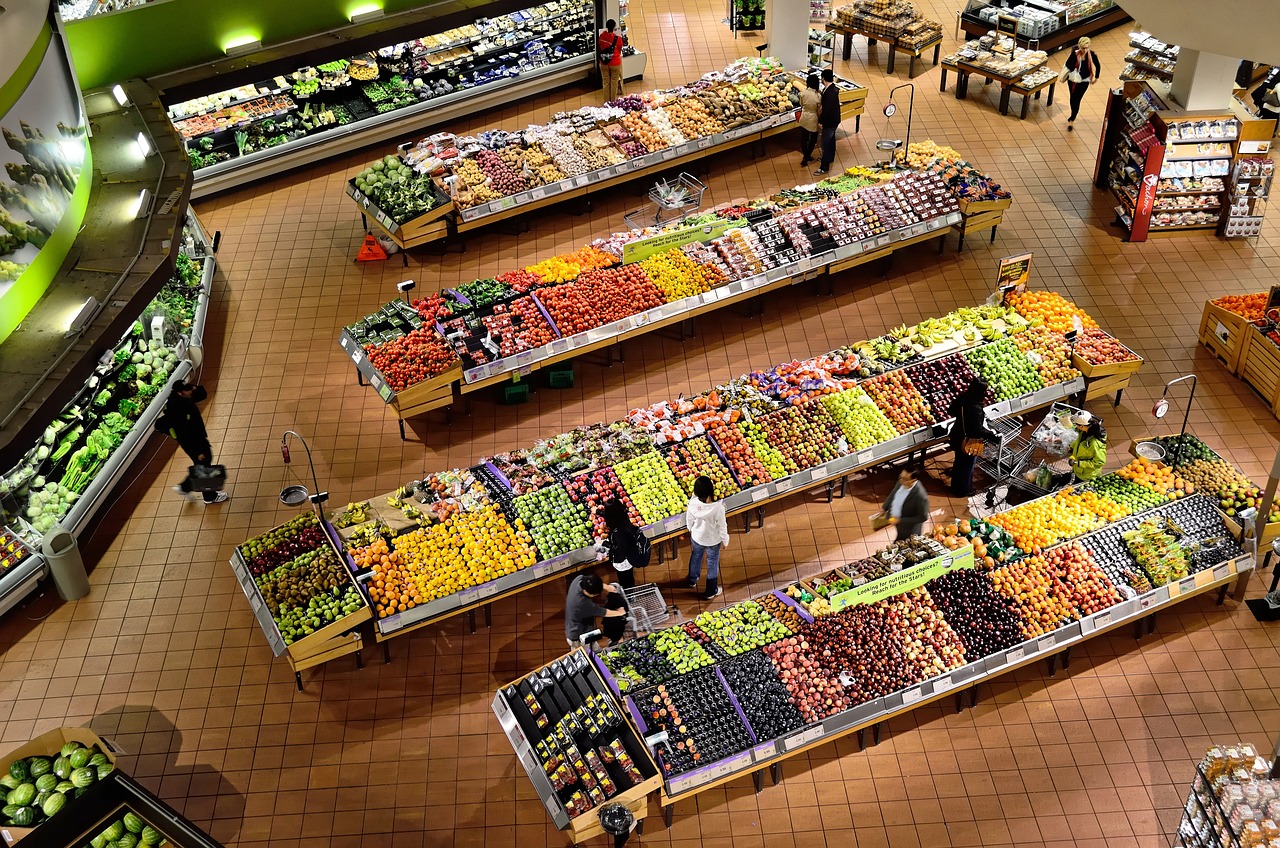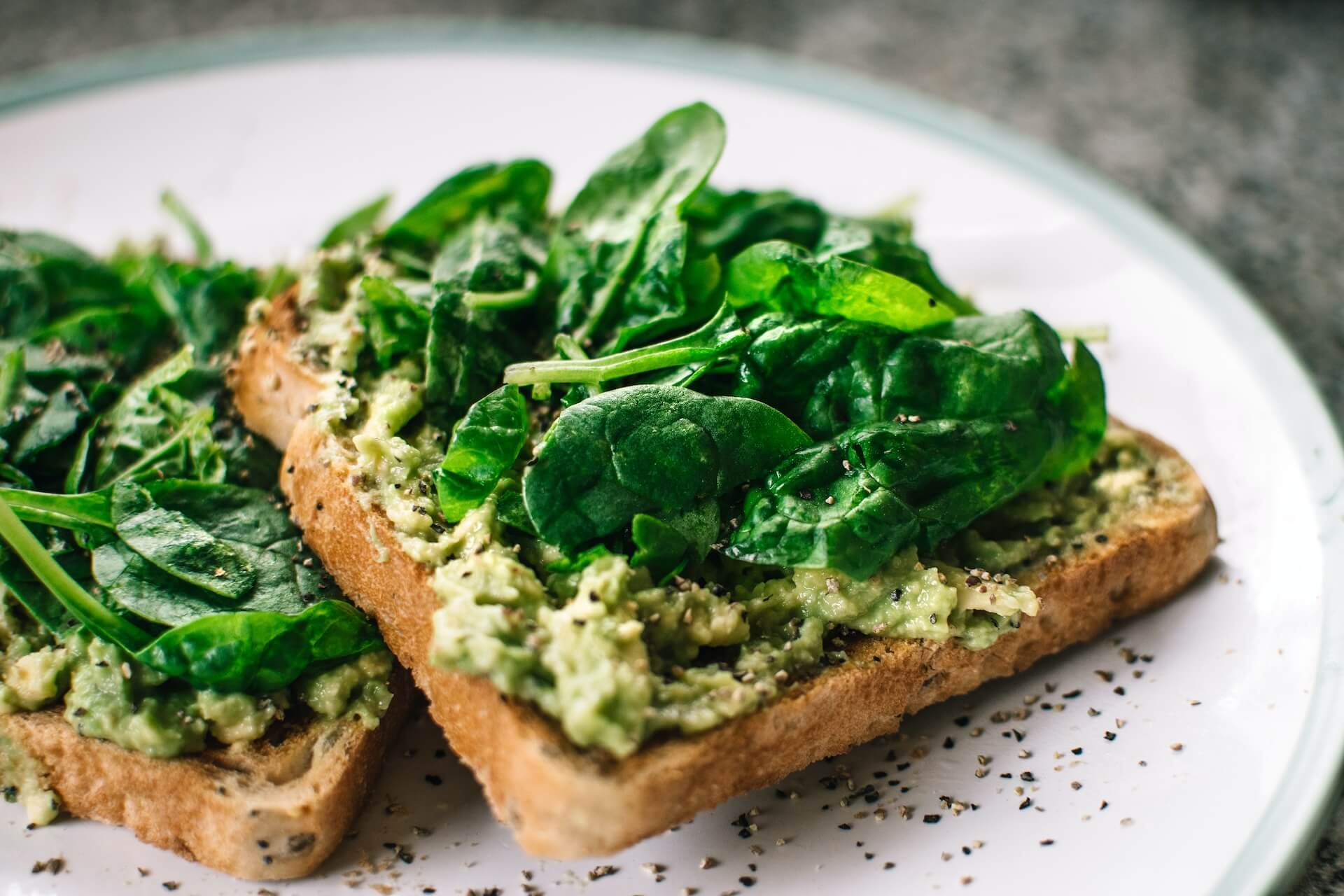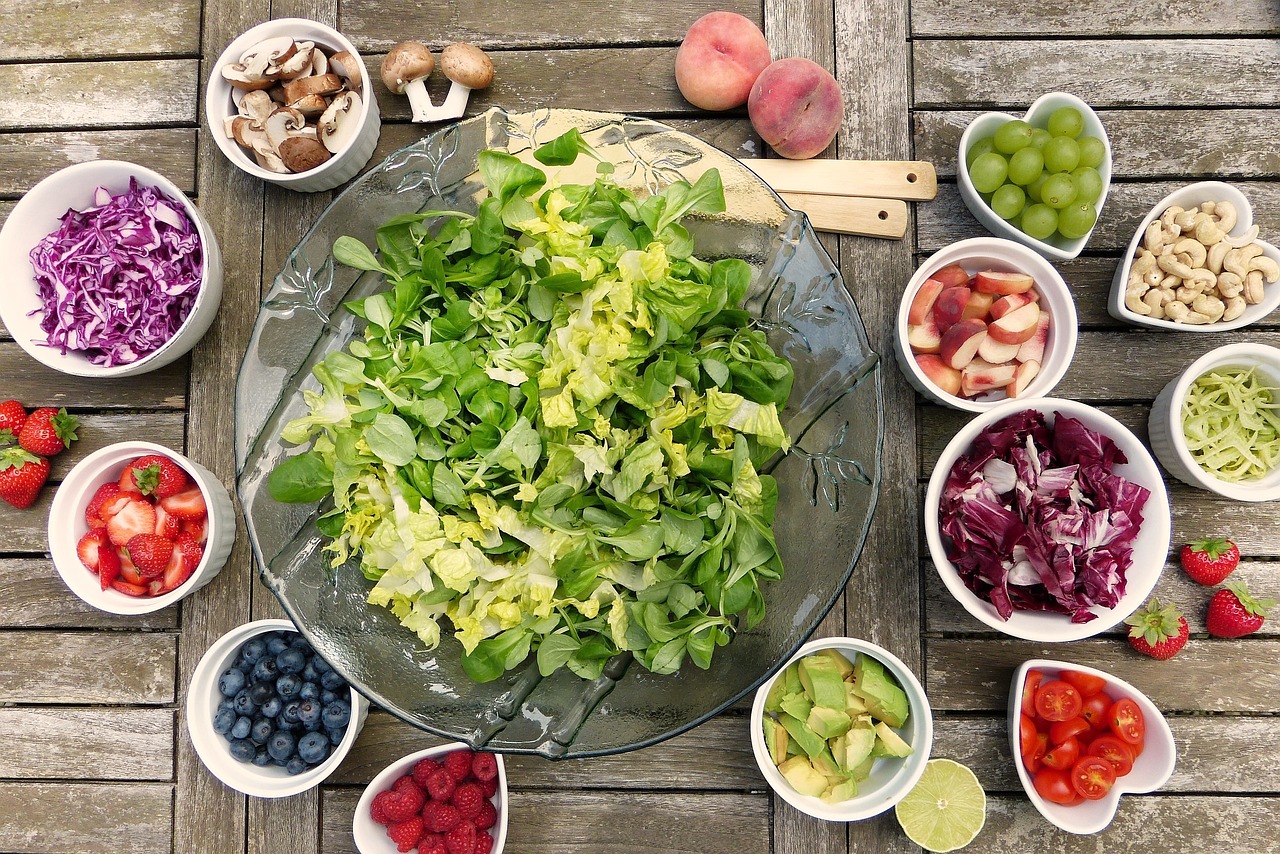Veganism is based on respect for animals, on the idea that we should, according to the UK Vegan Society, "exclude, as far as is possible and practical, all forms of exploitation of, and cruelty to, animals for food, clothing or any other purpose".
Even if you are not yet vegan, you already have the same basic beliefs that vegans have. You already believe that it is wrong to cause unnecessary suffering and death to animals. You wouldn't intentionally hurt your pet or an animal you meet in your daily life. Using this as your starting point, it will not be hard to learn more and to bring your behaviour and way of living into alignment with your beliefs.
As you change your diet and other aspects of your day-to-day life to be consistent with this idea, you should take time to understand your relationship with animals and why animals matter. You can learn about the emotional inner lives of animals, about sentience (the ability to experience sensations such as pleasure and pain), about how animals suffer when used for food or other purposes, and about the right of animals not to be exploited by humans. By fully understanding the ethics behind why you are making changes to the way you live, it will make the process much easier and you will be less likely to move backwards. We cover this fully in our Why vegan page.
The next step is to understand that humans can be healthy and thrive without eating or using animal products. Learn a little about vegan nutrition (especially vitamin B12) and how to ensure you will be healthy on a vegan diet. Aim to be a healthy vegan, not just for yourself, but to inspire others to go vegan too.
Then learn how to eat and live without using animals. Changing your diet will have the biggest impact, so start there. If you understand the ethics behind this change, you should not have too much trouble. Learn about vegan meal planning, how to shop and what to buy and get some easy vegan recipes. See "What to eat" below for more ideas. Also learn about alternatives to household goods that either contain animal products or that have been tested on animals. See "Beyond diet" below.
Finally, get in touch with other vegans, both for your own support and to move towards becoming active in vegan advocacy. There are many online and real-life groups on Facebook, Meetup and elsewhere. You will find there are many people happy to help you with any questions you may have. Mingling with other vegans (both in-person and online) not only provides information and support, but may create new friendships too. You may also like to visit a vegan festival or market near you, where you will usually find a variety of information on veganism and animals rights plus stalls with a wide array of vegan items.
If you feel able to, you can help animals even more by helping other people understand the issues. Use whatever talents you have to peacefully promote to others the idea of a future world where animals are no longer exploited.
Join the Vegan Easy 30 day Challenge
Vegan food covers an amazing range of styles and tastes and can be inventive, fresh, comforting, gourmet, tasty and easy. As you change to a vegan diet, rather than focus on cutting out non-vegan foods, focus on crowding them out with new foods that you are discovering. Many people find that their diet becomes more varied once they go vegan. Take it as a chance to try new foods and explore different cuisines. See our Food and cooking section. Most people have no trouble eating a vegan diet, but if you have any health concerns, see a vegan health practitioner.
Nutritious vegan eating can be inexpensive and quick to prepare using ingredients found in any supermarket, such as fruits, vegetables, grains, beans, nuts and seeds, and herbs and spices. Fresh whole plant foods such as these should make up the bulk of your diet for optimum health. Most supermarkets also have a variety of milk alternatives, such as soy milk, almond milk, rice milk or coconut milk. Supermarkets often have a variety of vegan alternative foods, such as patties, sausages, cheeses, ice cream, biscuits, chocolate, etc, so you needn't feel deprived of 'treats'. These may be useful in the early stages of transition, but highly processed foods, high in fat, sugar and salt, are best eaten only on occasion.
To make it easy to stick to a vegan diet, keep a well stocked kitchen and be familiar with some of the many excellent vegan recipes available in vegan cookbooks or on the Internet (google "vegan recipes"). Plan ahead. It makes things easier if you know what your next meal is going to be.


Easy to make vegan dishes include stir fry, pasta, rice and beans, curry, sushi, salads, pad thai, quinoa, pizza, pancakes, french toast, waffles, burgers, soup, wraps, stew, sandwiches, cookies, ice-cream, cakes, pies and many more. To find recipes, just google the name of the dish plus "vegan".
For a 30 day vegan meal plan, with recipes, plus email support and lots more, try the 30 Day Vegan Easy Challenge.
In the past, some people ate a vegetarian diet with the idea of leading into a vegan diet. This is not a good idea as dairy cows (and their babies) and egg-laying chickens are some of the worst treated of farmed animals. More recently, information about these industries has become readily available and so many people remove all animal products from their diet as soon as they become aware of the suffering involved. If you need a more gradual approach, try eating vegan for breakfast each day for a week, then including vegan lunches for the next week and finally eating three vegan meals a day.
Eating out should not be a problem either. Most restaurants will cater for vegan diets. Restaurants of many cuisines, such as Thai, Indian and Middle Eastern, have a range of vegan dishes already on their menu. There are also an increasing number of restaurants catering to the vegan market. These can be found on websites such as HappyCow. You might also find Google Maps helpful - try searching for "vegan food near me". If you are going to a restaurant that has nothing vegan on their menu, call them up ahead of time; most places want your custom, and will work hard to give you a great experience if you give them a bit of notice. If you are invited to share a meal at someone's house, let them know you are vegan and offer to bring a dish or give suggestions for vegan meals.
Some people who work out in the gym to gain strength are concerned about losing muscle when they start eating vegan. There is a lot of false information regarding this, particularly the role of protein. There are several vegan YouTubers who debunk the myths of the vegan diet and show us how a vegan diet can improve our strength and physical performance. Check out the Hench Herbivore and Nimai Delgado YouTube channels.

Apart from food, animals are used in a surprising number of products. Vegans aim for a world without exploitation and so try to avoid as much as possible all goods containing animal products or tested on animals as well as entertainment where animals are used. There are vegan alternatives for nearly all non-vegan goods, such as fur, skin and leather clothes and shoes, wool and beauty products tested on animals. You can get these products from specialty vegan shops, but they are now increasingly available from a wide range of stores.
Some people find that the hardest thing about becoming vegan is dealing with family, friends and colleagues who do not understand the ethics of veganism and try to undermine them. This is often fuelled by negative myths about a vegan diet. You can ease any resistance you may get from your family by doing your research. Learn as much as you can about vegan health and make sure you get enough B12, omega-3, and iron. This is also true if you are pregnant or raising your children vegan. Let your family know that there are many healthy, happy vegan children and that you have researched enough to know what to feed them.
Socialising with other vegans is a great way to avoid feeling isolated. There are vegan clubs and societies in many cities and some towns. Check out our listing of vegan groups in Australia, or search for them on Facebook or Meetup (or start your own group) and know that there are vegans everywhere!
If you have taken steps in your own life to put into practice your respect for animals, you may want to help animals further by encouraging others to find out more about veganism. This is a compassionate act with substantial consequences. It is estimated that every person who changes to a vegan diet saves about 100 animals from confinement and death every year.
But you may have already been frustrated to find that your new-found knowledge about animals and vegan food is not immediately accepted by family and friends. Most people are reluctant to change and, frustrating as it is, it is best to remain patient and avoid showing your anger at people. To help animals as much as you can, look for the most effective way to get the vegan message to others.
Depending on your talents and personality, there are a number of opportunities where you can advocate for veganism. You can set up a table or stall at a festival or market with vegan cupcakes, posters and information. These are often very rewarding as increasingly people are hearing about veganism and will come to you to find out more. You can hold a vegan cooking demonstration in your own home or elsewhere, or host a vegan dinner or potluck with a suggestion to guests that they bring a friend who's interested in learning more about veganism. You can write letters to newspapers, or to supermarkets, restaurants or other businesses asking them to provide vegan options. You can go online by writing blogs or advocate on social media. Try to find others to team up with, where your skills complement each other.
Whichever way is best for you, always explicitly and positively promote veganism. Concentrate on the ethical argument for veganism (that we should not use or exploit animals) and mention the other benefits (to people, the environment and our health) as extra bonuses. Work on creating your own very short overview of your approach to veganism that you can use to get people's attention, such as: "We all know that using animals for food causes suffering and death, so when I found out that humans do not need to use animals for any reason I decided to be vegan." Use lots of "I" statements, talking about your feelings and journey to veganism. Avoid accusing the other person and making them defensive. Be friendly.
Prepare to be questioned. People will be curious about why you are vegan and having a succinct answer at the tip of your tongue can take the stress out of being questioned publicly as well as help generate interest in veganism.
If you find people resistant to change, perhaps suggest a more gradual approach to becoming vegan by eating vegan for breakfast each day for a week, then including vegan lunches for the next week and finally eating three vegan meals a day. This is better than suggesting someone becomes vegetarian (that is, consuming dairy and eggs). Point out to them that they already hold the same beliefs about animals as vegans. Ask them what is holding them back from changing their behaviour to be consistent with their beliefs.
It is best not to suggest people consume animal products purported to be produced under 'ethical' conditions (free-range, cage-free, humanely-raised, grass-fed, organic, etc). This serves only to reinforce the belief that it is morally acceptable to use animals as resources for human consumption.
Find out more about veganism in "But You Kill Ants", a guide to 101 queries about veganism, from "Where do you get your protein?" to "If animals weren't meant to be eaten, why are they made out of meat?"
"A man can do only what he can do. But if he does that each day he can sleep at night and do it again the next day."
- Albert Schweitzer

Unsubscribe at any time. Your details are safe, refer to our privacy policy.
© Vegan Australia | Registered as a charity by the ACNC | ABN 21 169 219 854